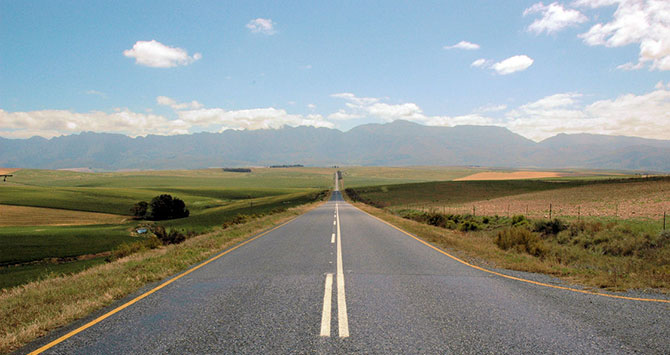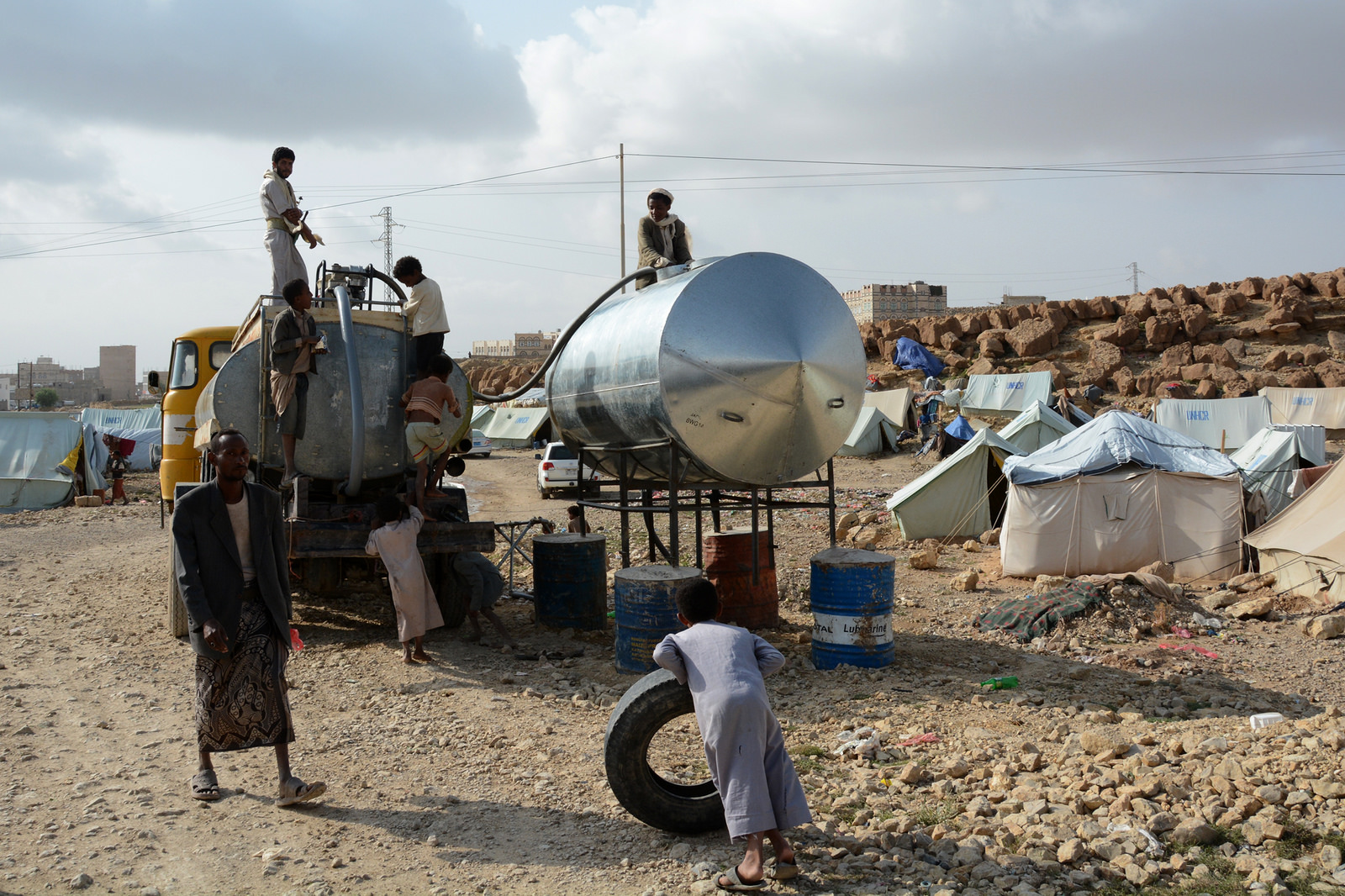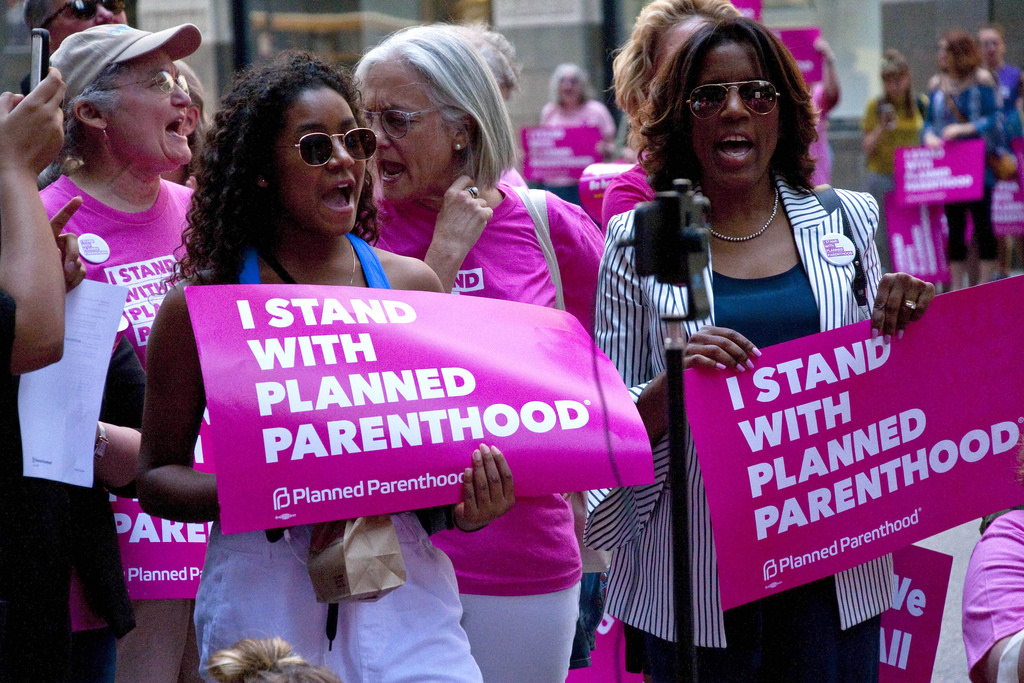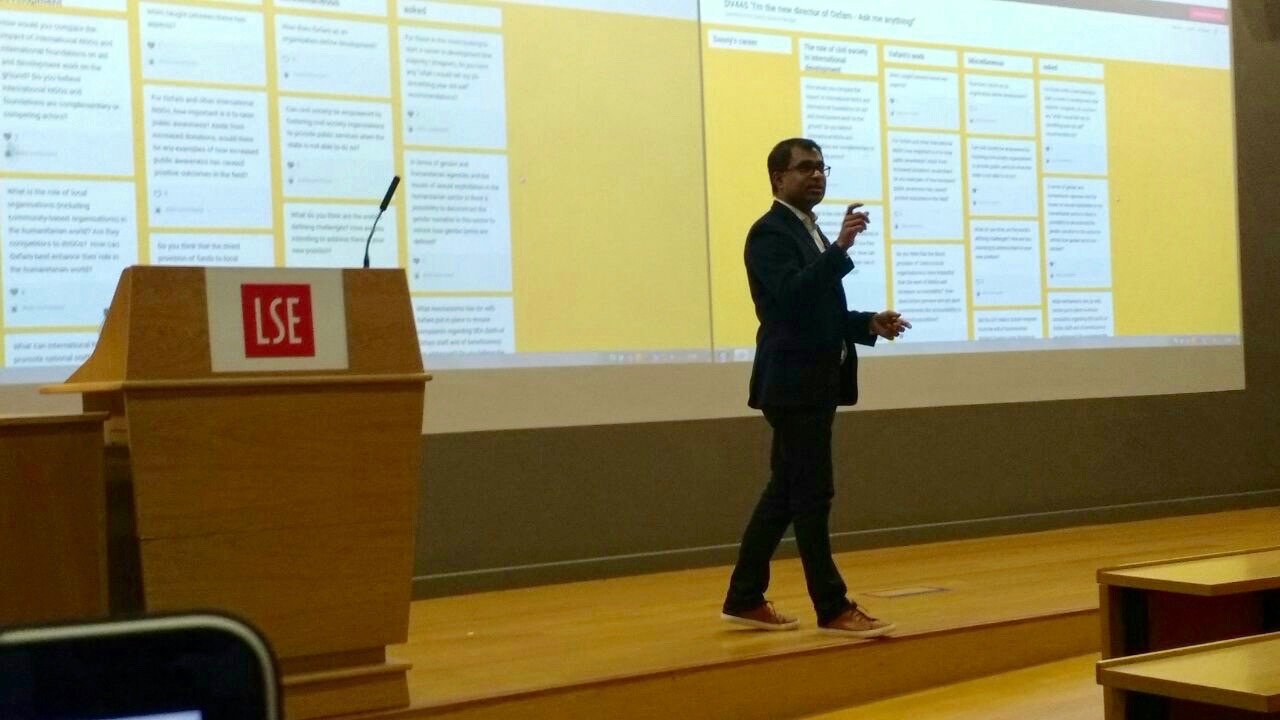Guest blogger Grace Avila Casanova, Co-Founder of Impacto International, provides her insight into the effects of Covid-19 and climate change on international cooperation dynamics.
The simplistic notion of “development aid” has been debated extensively, with no shortage of ideas on the ways international cooperation (IC) dynamics should evolve. But the coronavirus pandemic appears to be fast-tracking this evolution. Countries that reached a middle-income status over the last decade are taking centre stage, providing “aid” to “developed” countries. China’s mass deployment of medical aid to Italy shows how traditional “aid” dynamics do not fit into the new landscape. Italy, with an average income of US$34,480, is one of the world’s richest countries. While China, with an average income of US$9,770, remains much poorer. Going by traditional aid dynamics China should be an “aid recipient”, and Italy an “aid donor”.
For decades Official Development Assistance (ODA) agencies have been operating under a post-World War II aid narrative, an often patronising and hard to prove effective system designed to end poverty in the — back then —“third world”. Today’s global challenges show that the advancement and preservation of humankind require an urgent shift in the (IC) system. One that aligns with current, global development challenges. This shift would be from aid defined largely as a resource transfer, to aid as Global Public Investment (GPI). Not just charity but an investment fund contemplating economic, social and environmental returns. As Global Public Investment proponent, Jonathan Glennie writes in Development Initiatives, “Global Public Investment will require all countries in the world to contribute, according to ability, and through which all countries will benefit, according to need. While money will come mainly from governments, affected communities and civil society will play another essential function.”
The current system is based upon short-term transfers and its narrative suggests that the “problem” is poor people living in poor countries and the “answer” is ODA resource transfers. Besides, “development” is approached as a process countries go through within borders as suggested by Development Economist Andy Sumner. Quite a problematic approach, given today’s borderless crisis. In contrast, GPI proposes the following narrative: the “problem” is that poverty and inequality are “global bads” and the “answer” is that collective global action is needed. In this scenario, the role of “aid” in development would shift from being an external driver to supporting inclusive development processes, co-managed global public funds, knowledge transfer and international development policy coherence.
Similar to global public funding, the path toward global public health security must run through a new IC model. We can prevent catastrophic loss of life if we focus on stopping this health crisis from exploiting the inequality between rich and poor countries. It is only a matter of time before coronavirus enters refugee camps, where social distancing is unlikely, and clean water and soap are often unavailable. As noted by Achim Steiner, United Nations Development Programme (UNDP) Administrator, “Without support from the international community, we risk a massive reversal of gains made over the last two decades, and an entire generation lost, if not in lives then in rights, opportunities and dignity.”
Just months ago, many countries in Latin America experienced a wave of mass protests driven by profound social discontent, persistent vulnerability, and growing income inequality. COVID-19 will exacerbate these problems. Beyond the severe impacts of the coronavirus pandemic on already fragile health systems, if policy-makers do not put internationally coherent development in place, socioeconomic consequences could fall on vulnerable and poor households.
Global solutions are required to tackle global challenges. In the same way, funding is required to tackle nationwide problems, an effective pandemic response will require a global fund, pooling resources from government budgets, complemented by philanthropic donations and the participation of private investors. As UN General Secretary, Antonio Guterres said last week “we need to mobilise a double-digit percentage of the economy at the national level and of the global economy to address the socio-economic consequences of this disease.”
While it is reasonable for governments first to look inwards and respond to the needs of its people, unilateral measures would not be enough to protect today’s interconnected global economy. At a time of intensifying nationalism and growing political and economic tensions between the world’s leading economic powers, coordinated international action is proving difficult to materialise. For instance, instead of mobilising a timely, organised international response to the coronavirus pandemic, the U.S. and Chinese governments have increasingly turned the crisis response into a contest over their primacy as the world’s leading humanitarian force. These are rather problematic attitudes as the world is confronted with a cooperation paradox. If we don’t cooperate, we risk our very existence. But for cooperation to be effective, the thinking that underpins much development cooperation needs to change; and for that, the world leaders need to first and foremost cooperate.
Coronavirus is likely to spur a new wave of International cooperation of the sort that emerged after WWII, but the effectiveness of IC measures depend on the modernisation of its dynamics. Leaders at all levels are now presented with the opportunity of rethinking the dominant (neoliberal) development model and reorganising economies in a way that doesn’t threaten people’s lives on earth. The challenge is, again, coordinating global efforts to do so. The scale and scope of today’s version of globalisation have made the world unprecedentedly interdependent — and thus fragile. No country can defeat this pandemic in isolation. The sharing of expertise, technology, and medical resources will be at the forefront of battling this crisis. COVID-19 might be the pandemic that taught us that global solidarity is not just philanthropy – it is fundamental to our very existence.
The world must re-organise itself to mitigate the risks deriving from climate change and pandemics. Although this will require historical innovation, major crises often open the political space for revolutionary reforms. Precisely at a time when multilateralism is in retreat, perhaps the fear and losses resulting from coronavirus will incentivise efforts to bring about a better version of globalisation.
Grace Avila Casanova (@graceavcs) is Development economist specialising in ESG strategy and responsible management.
The views expressed in this post are those of the author and in no way reflect those of the International Development LSE blog or the London School of Economics and Political Science.





